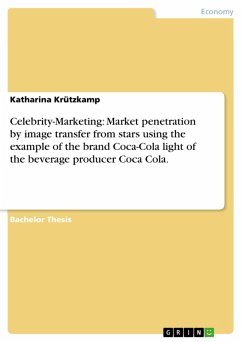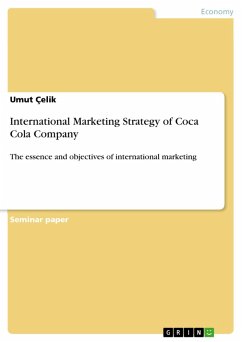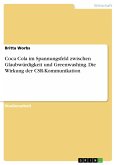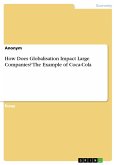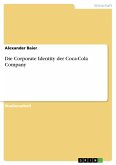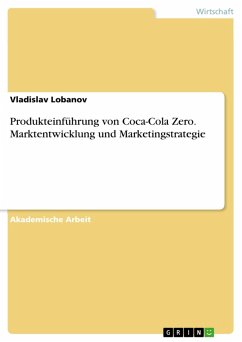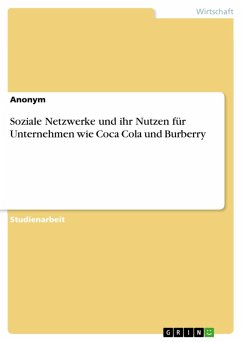Seminar paper from the year 2006 in the subject Business economics - Offline Marketing and Online Marketing, University of Applied Sciences Braunschweig / Wolfenbüttel, course: International Business, language: English, abstract: Since the word has both technical and political meanings, different groups will have differing histories of "globalization". In general use within the field of economics and political economy, however, it is a history of increasing trade between nations based on stable institutions that allows firms in different nations to exchange goods and services with minimal friction. The term "liberalization" means the acceptance of the neoclassical economic model which is based on the unimpeded flow of goods and services between economic jurisdictions. This led to specialization of nations in exports, and the pressure to end protective tariffs and other barriers to trade. The period of the gold standard and liberalization of the 19th century is often called "The First Era of Globalization". Based on the Pax Britannica and the exchange of goods in currencies pegged to specie, this era grew along with industrialization. The theoretical basis was David Ricardo's work on Comparative advantage and Say's Law of General equilibrium. In essence, it was argued that nations would trade effectively, and that any temporary disruptions in supply or demand would correct themselves automatically. The institution of the gold standard came in steps in major industrialized nations between approximately 1850 and 1880, though exactly when various nations were truly on the gold standard is contentiously debated. In the "First Era of Globalization" is said to have broken down in stages beginning with the First World War, and then collapsing with the crisis of the gold standard in the late 1920s and early 1930s. Countries that engaged in that era of globalization, including the European core, some of the European periphery and various European offshoots in America and Oceania, prospered. Inequality between those states fell, as goods, capital and labour flowed remarkably freely between nations.
Dieser Download kann aus rechtlichen Gründen nur mit Rechnungsadresse in A, B, BG, CY, CZ, D, DK, EW, E, FIN, F, GR, HR, H, IRL, I, LT, L, LR, M, NL, PL, P, R, S, SLO, SK ausgeliefert werden.



